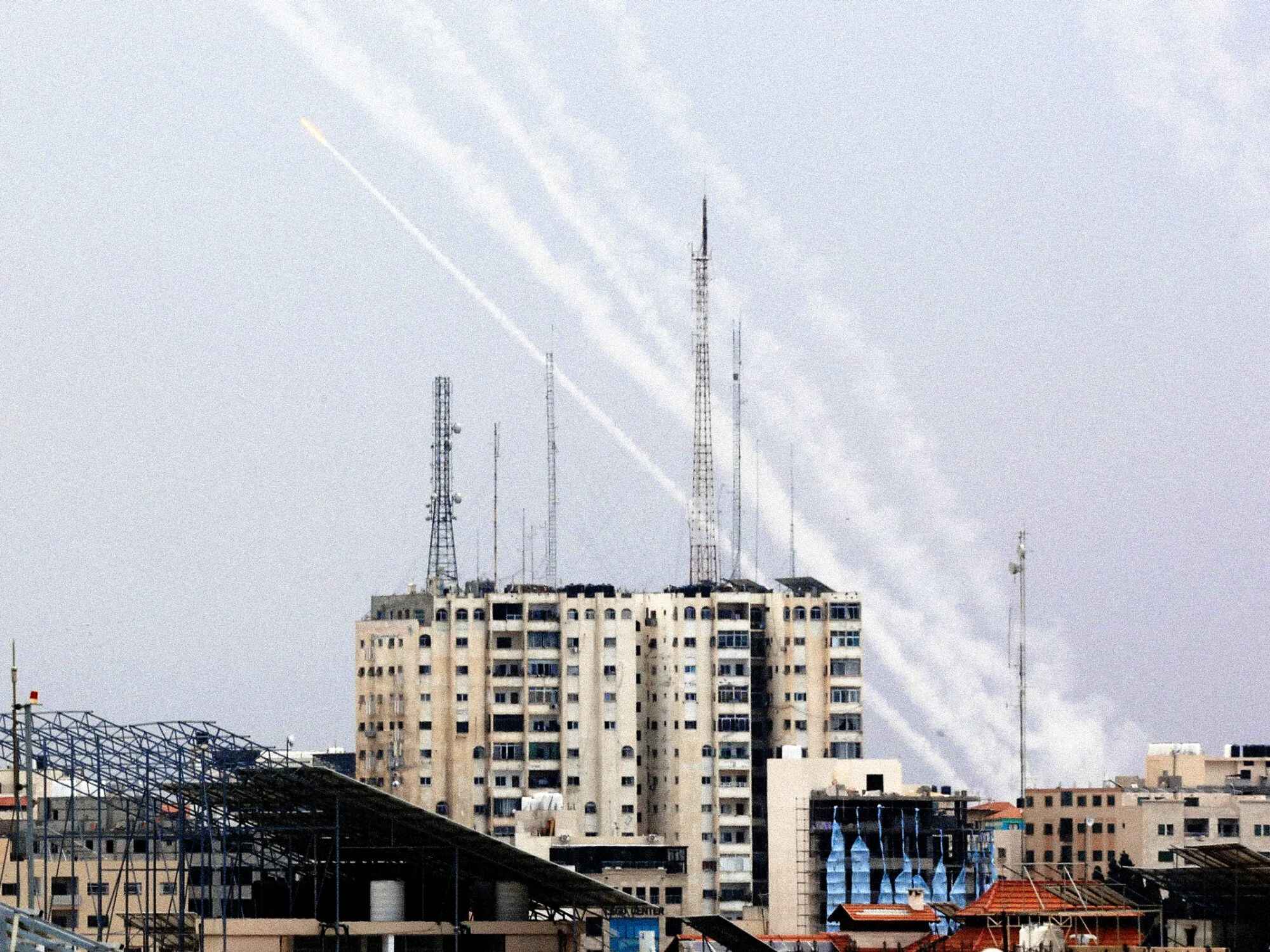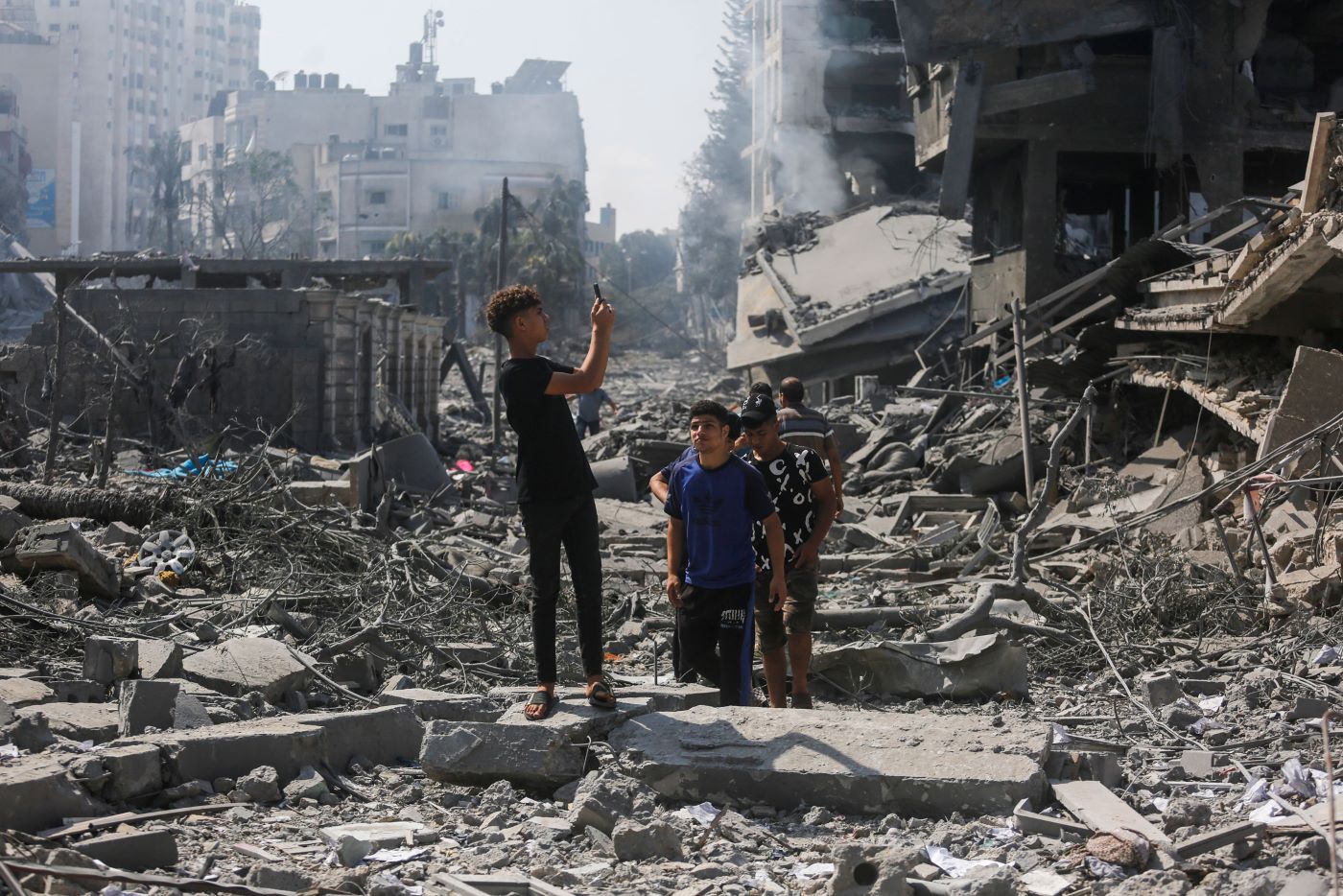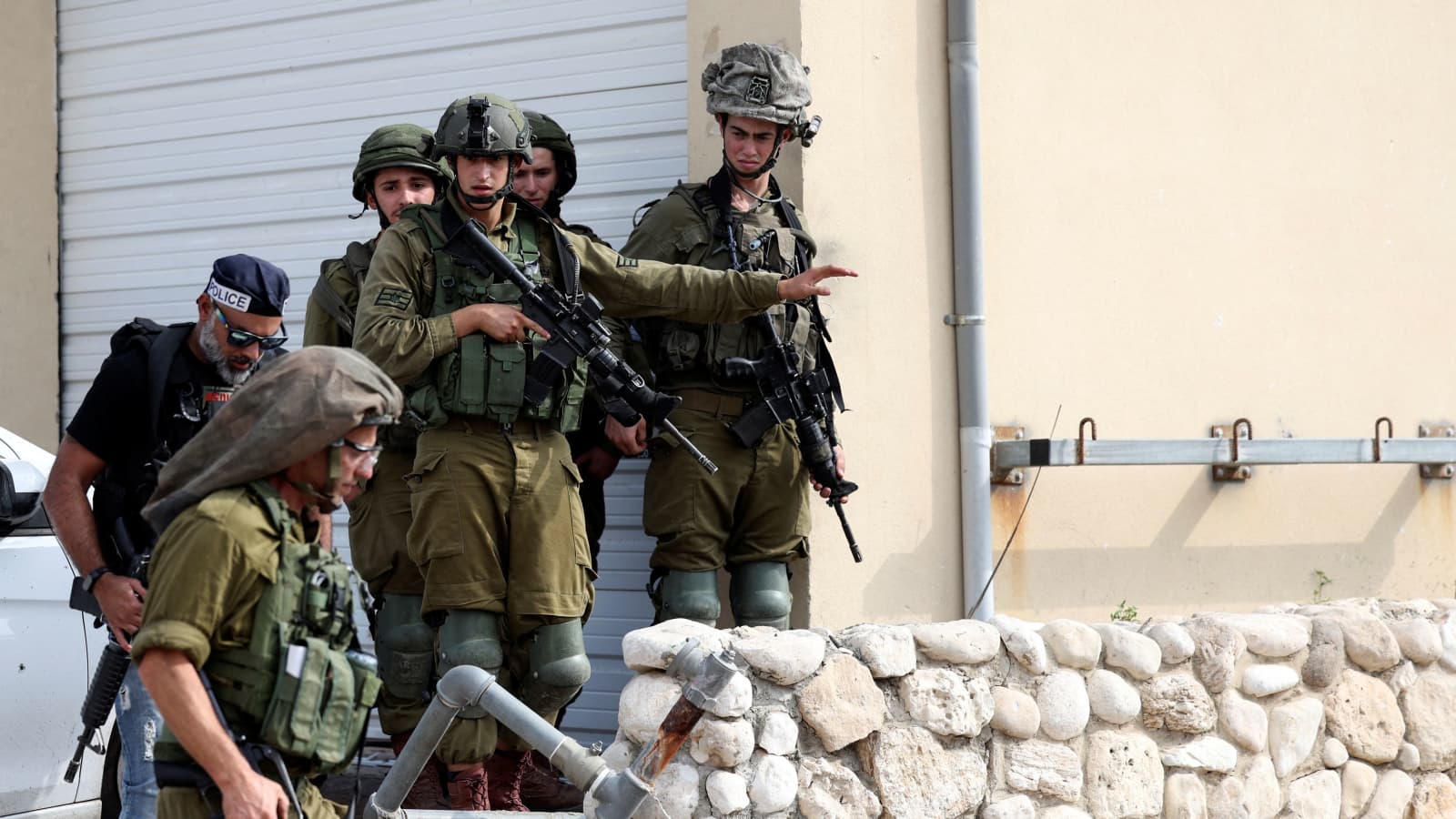In the wake of a surprise attack launched by militant group Hamas against Israel, hacktivist groups have retaliated by targeting Israeli websites with cyberattacks. The Jerusalem Post reported that its website has been down since Saturday due to a series of cyberattacks. The attacks, which include denial of service (DDoS) attacks and website defacements, have caused disruptions but are believed to be the work of politically motivated hacktivists rather than state-sponsored actors.
Key Takeaway
Hacktivist groups have launched cyberattacks in response to the Hamas-Israel war, targeting Israeli websites. These politically motivated attacks, including DDoS attacks and website defacements, have caused disruptions but have limited practical impact on the conflict.
Hacktivist Actions
The cyberattacks in the Hamas-Israel conflict are similar to those witnessed in previous armed conflicts, such as the Ukraine conflict. Hacktivist groups, which are decentralized and politically motivated, use tactics like DDoS attacks to disrupt websites and services. So far, more than 60 websites have been targeted with DDoS attacks, and at least five websites have been defaced.
In a surprising turn of events, hacktivist groups from Bangladesh, Pakistan, and Morocco have also joined in the cyberattacks, showing support for Palestine against Israel. Long-time threat actors who have participated in attacks in the past, using the hashtag #OpIsrael, have also returned to target Israeli websites.
Security researcher Will Thomas has highlighted the involvement of cybercriminal service operators, such as DDoS-for-Hire and Initial Access Brokers, who offer their services to those wanting to target Israel or Palestine. These groups breach websites and networks and sell access to other hackers for a fee.
Impact and Response
While these cyberattacks can cause disruptions, their impact on the armed conflict is limited. Independent researcher and consultant Lukasz Olejnik stated that hacktivist groups have limited practical ability to conduct significant cyber activities. Instead, their actions serve as distractions or information influence.
The International Committee of the Red Cross (ICRC) recently published a list of rules that should guide hacktivist activities in military conflicts. One of these rules is that hacktivists should avoid targeting civilian entities. However, following the ICRC’s announcement, hacktivists defaced the website of Russia’s Red Cross.
Background on the Conflict
Hamas, a militant group associated with Palestine, launched a surprise attack on Israeli border towns from Gaza, resulting in the deaths of over 700 people. In response, the Israeli government formally declared war and retaliated by bombing Gaza, resulting in over 400 deaths. The conflict between Hamas and Israel has been ongoing since 2007, with Gaza being blockaded by Egypt and Israel. The territory is home to around two million people and has been the center of several conflicts between the two entities.

























